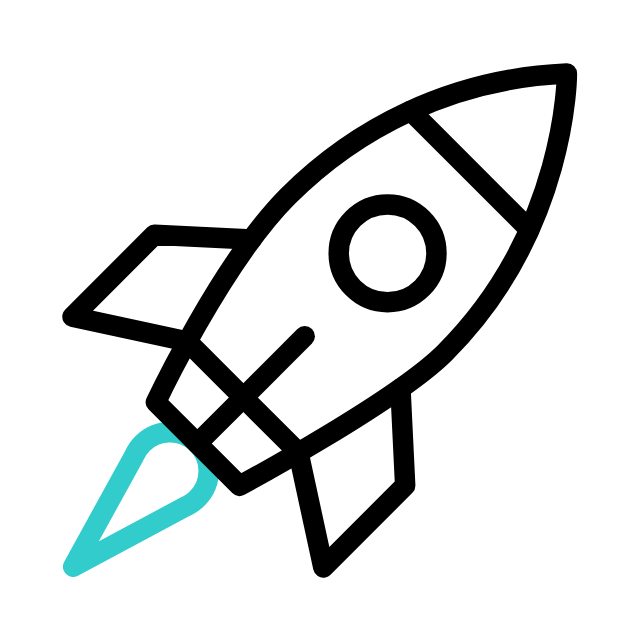In the past year, we've had the extraordinary opportunity to dream big, thanks to support from the Canadian Space Agency. It's been a once-in-a-lifetime chance to think deeply about what tomorrow's medicine will look like.
We're living in both an exciting and tumultuous era. We're witnessing artificial intelligence advancing at a breathtaking pace, but as clinicians, many of us share a feeling of concern.
We're entering an era where it's harder than ever to distinguish truth from fiction—an era where ChatGPT provides convincing answers to the wrong questions.

CHAT GPT
Prompt: "Generate a picture of a provider installing an intra-osseous access on a dying kid"
Time to result: 15 seconds
Result: A picture of a provider that honestly looks like they're putting a screwdriver into a child's leg ;-)
Our method
Prompt: “Illustrate the airway of a 3-year-old child”
Time: 10 hours, including 3 hours literature review by our scientific team, 6 hours drawing by our medical illustrator, and 1 hour review by our anatomist
Result: A real representation of the anatomy with scientific rigor that you can rely on

Our vision goes against the tide 💡
Our vision for the future of medicine goes against the current. We firmly believe that most medical knowledge that impacts patients isn't found on the web, but in the minds of our 8,000 users caring for patients in the field. Clinical judgment, patient interactions and their nuances, compassion, field experience... Our vision of the future is that of a medical assistant where intelligence is first and foremost human, then augmented by artificial intelligence.
This journey goes against the grain because it's difficult. It's much easier to generate approximate medical illustrations with AI than to spend hours with our medical illustrator creating anatomically correct illustrations.
It's much easier to ask AI to generate an approximate summary of the tibial intraosseous procedure than to create a panel with 10 experts, to learn from their clinical experience and extract all the nuances. It's difficult, but it's the only way—extreme rigor is the only standard when a patient's life is at stake.

From EZResus to PARATUS
In the coming months, we'll be working to transition our space medical assistant to an emergency medical assistant. We debated for a long time about how to announce this ;-)
- EZResus Pro?
- A.D.A.M.S. (ADvanced Astronaut Medical Support) becomes A.D.A.M.S (ADvanced Assistant for Medical Support)?
Then we realized that the term "Resus" wasn't really aligned with our overall vision and the feedback you've been giving us. Yes, of course, you use EZResus for your resuscitations, but EZResus is much more than that. It's the support that allows you at 2:00 AM to prescribe a dose of Tobramycin in ideal weight. It's the app that double-checks your dose of propofol for a procedural sedation, and ondansetron for your little patient with gastroenteritis. In fact, our mission from the beginning has been to assist you, no matter where you are, no matter your mental state, in caring for any patient.
Fortunately for us, there's a Latin word for this: PARATUS, ready for anything.
🚀 October 2025
We'll be launching the first version of PARATUS, the first complete emergency assistant.
Looking forward to sharing the next step of our adventure with you!
